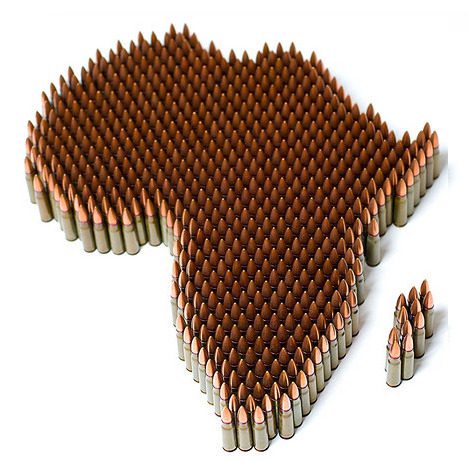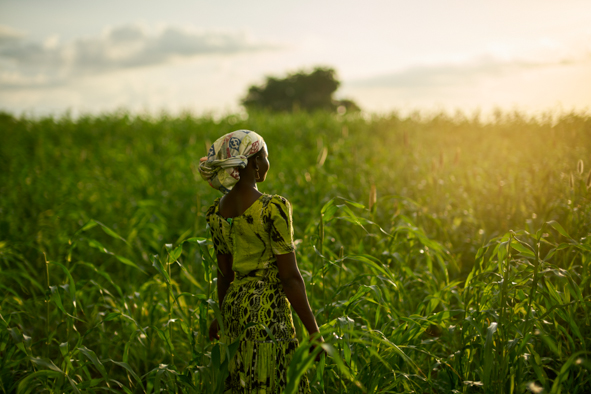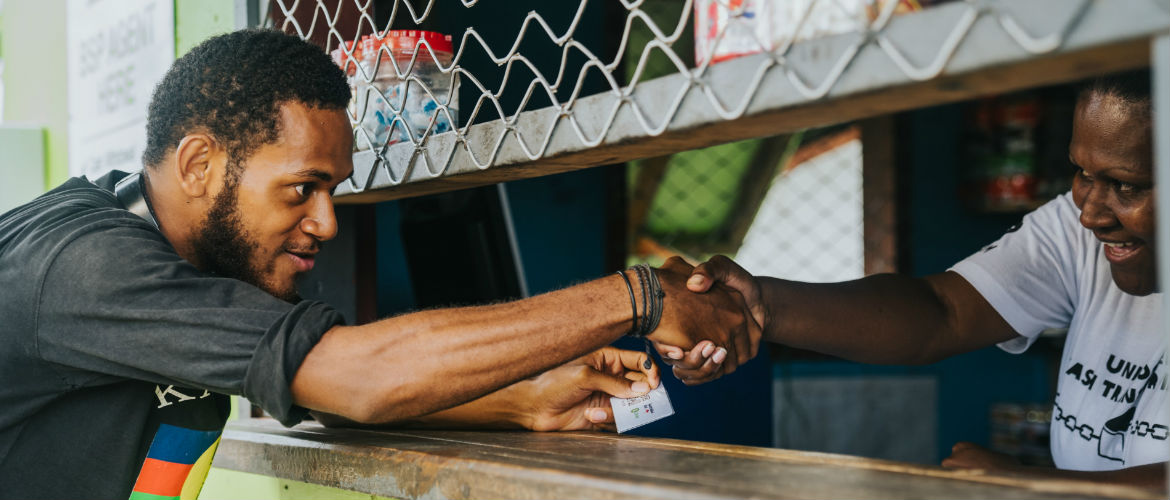Dr. Robert Mtonga from Zambia shares his reflections on the need for a global arms trade treaty.
Here are four scenarios that I have lived through that have motivated me to campaign for an Arms Trade Treaty to control the deadly trade in weapons.
Picture a boy, aged 13 years and full of naivety; he did not know his father’s firearm was unsecured and loaded. He called three of his friends and asked them to line-up so that they could do enact a mock “007” James Bond scene. He asked them to duck when he pulled the trigger. One of the three chickened out and he was labelled as a coward. The boy with the gun pulled the trigger and before he knew it one of his peers was dead.
Picture a lady surgeon, on her way home to rest. As she pulled up at her gate, two masked men accosted her. They wanted the car. Entranced by shock and benumbed by fear, she failed to obey the order. The next time she blinked, she was on a hospital bed with a bandaged head. A speeding bullet had claimed part of her scalped.
Picture a man, presidential material in Zambian political circles, from a family of political junkies. Unbeknown to him and his family; his rivals had other plans. A hired assassin made it his unpleasant duty to take this man out. The doctors that attended to him did all they could to sew his shattered liver and spleen. Boy how these organs bled! After 12 hours of earnest endeavour to save his life, the doctors threw in the towel.
Picture a chubby businessman of some stature whose business included guns and bullets. When I asked him if he knew that firearms by design, and certainly by effect, take away lives and limbs and that they cause human suffering, he told me without blinking and at point-blank that he was not a humanist!
These narratives partly informed my decision to join the campaign to regulate the transfer of conventional arms. The business man and the three victims were all looking at the gun and its ammunition. The one from the butt end, the three from the barrel end.
If the gun was not fired, if the gun was not loaded, if the business man was a humanist, maybe the lives of the three and countless others could have been saved.
Yes, an Arms Trade Treaty without ammunition in its criteria will not make an impact on the ground. An Arms Trade Treaty that does not have a humanitarian dress code will not save lives and limbs.
An Arms Trade Treaty that has loopholes will not save as many lives. An Arms Trade Treaty that does not oblige exporters to conduct a risk assessment before transferring guns and ammunition will not be worth the paper it will be written on. The hour has come to plug the loopholes. It is not too late.
Dr. Robert Mtonga is a medical doctor (general practitioner) from Lusaka, Zambia. Dr. Mtonga currently serves as Co-President of International Physicians for the Prevention of Nuclear War, a Oxfam partner through the Control Arms Coalition, an international coalition advocating for a strong and effective, legally binding Arms Trade Treaty.
Robert has worked on many anti-armed violence movements, bringing a health and medical perspective to each campaign.


 Doris*, daughter, 5; Pamila*, 2. Christina grows maize and she was shown how to make compost as part of the CRAFS (Climate Resilient Agriculture and Food Systems) programme.
Doris*, daughter, 5; Pamila*, 2. Christina grows maize and she was shown how to make compost as part of the CRAFS (Climate Resilient Agriculture and Food Systems) programme.
